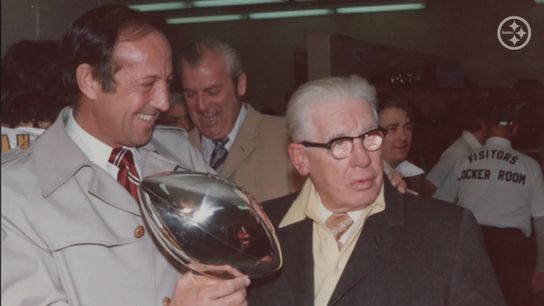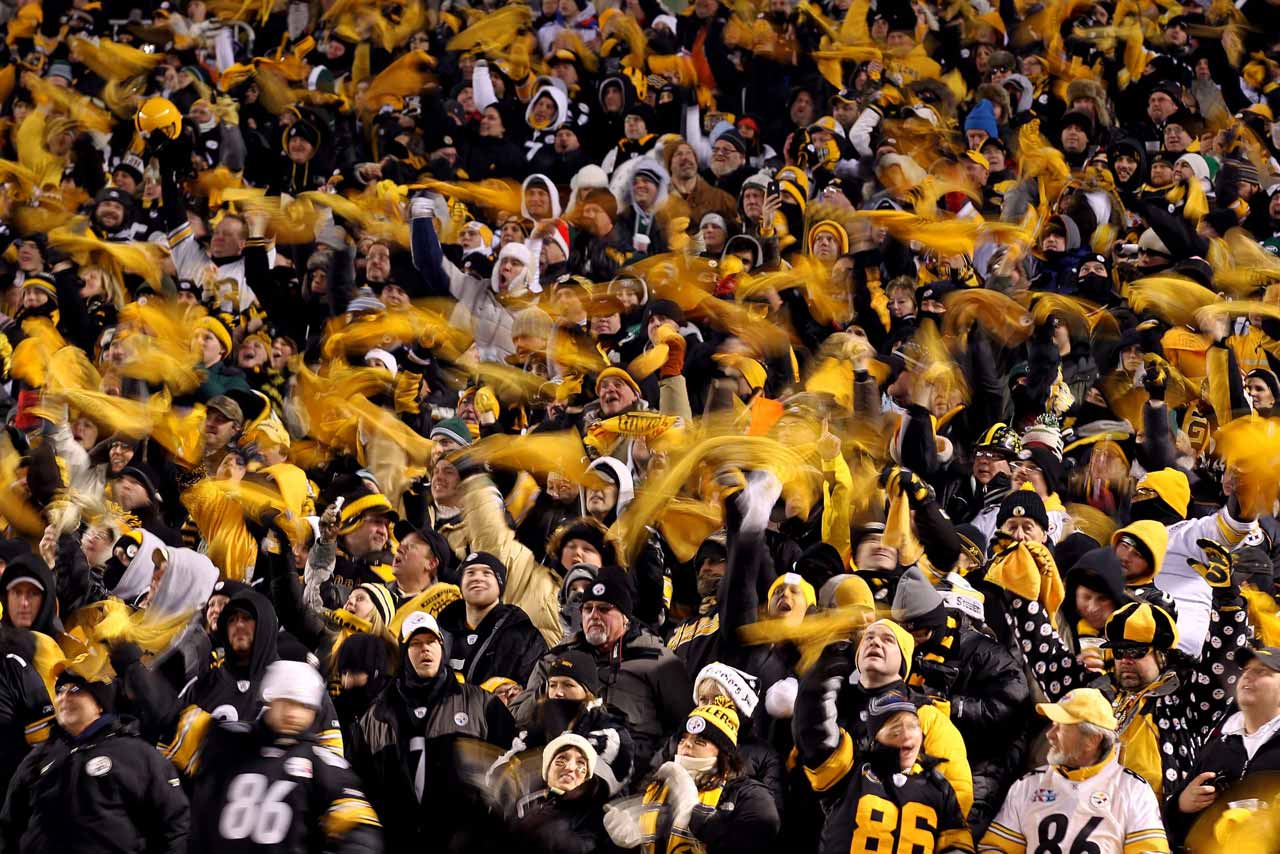The Pittsburgh Steelers are an American football team founded in 1933 in the Pennsylvania region. They were originally known as the Pittsburgh Pirates, in reference to the city's baseball team. The franchise took its current name in 1940. It is the first NFL franchise to have won 6 Super Bowls in its history in the 1974, 1975, 1978, 1979, 2005 and 2008 seasons. What can we learn from the first three?
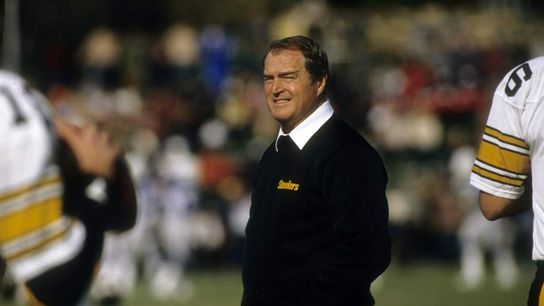
Tribune-Review
Steelers legendary head coach, Chuck Noll before a game.
Super Bowl season in 1974
The team that won the American Football Conference (AFC) met the team that won the National Football Conference (NFC) at the end of the postseason. This configuration enabled the Steelers to play their first Super Bowl against the Minnesota Vikings, who already had two losses on their record.
The Super Bowl of the 1974 season was played between the two biggest defenses in the league: the Steelers conceded 189 points throughout the season and the Vikings 195. It's worth pointing out, however, that the Los Angeles Rams statistically remained the year's best defense, conceding just 181 points.
In 1974, the Steelers were in a period of absolute domination over other NFL franchises. They had a solid defense and talented players on offense. The Vikings, on the other hand, were at the end of their reign. That's one of the reasons why this championship is considered a true test for the Steelers team. Take a look at blackjack to discover the other opportunities available.
Super Bowl season in 1975
The 1975 Super Bowl pitted the AFC champion Pittsburgh Steelers against the NFC's first-place franchise Dallas Cowboys. The Steelers made it to two finals in a row, while their opponents have already played in three and won only one: Super Bowl VI in 1971.
The Steelers didn't concede a single penalty during the 1975 Super Bowl. The Cowboys, on the other hand, were penalized twice. They were the first to score points during the final game on a Drew Pearson touchdown following a Roger Staubach pass. The Steelers were not to be denied, however, as they responded with a short pass from Terry Bradshaw to Randy Grossman.
In the 2nd quarter, Toni Fritsch scored 3 points for his Cowboys team. The 3rd quarter ended in a draw as neither of the 2 teams participating in this final managed to score a point.
The final quarter got off to a rocky start for both sides. The Steelers' Reggie Harrison stepped up to counter a Mitch Hoopes punt in his own end zone. The result was a safety that gave the Steelers two more points in the final. The team's continued efforts enabled them to come back and overtake Dallas thanks to two kicks from the famous Roy Gerela. Shortly after this feat, Lynn Swann repeated his fine performance, scoring a touchdown for his team thanks to a 64-yard play.
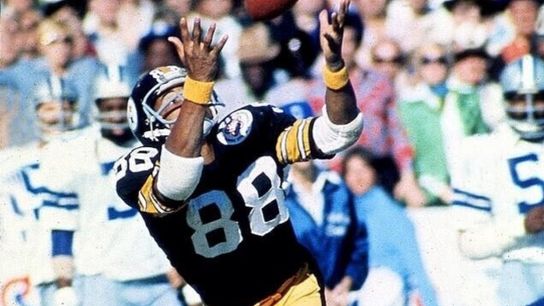
Pittsburgh Steelers
Percy Howard also scored important points, bringing his team to within 4 points of the Steelers. His teammates made a concerted effort to turn the tide, but their efforts failed to produce the desired results. The Steelers were able to win the game with a rigorous defense. They won their 2nd consecutive Super Bowl trophy.
Super Bowl season in 1978
Before reaching the 1978 Super Bowl, the Steelers battled hard in the AFC Championship. Although they didn't play in the Wild Card game between Miami and Houston, they did play in the first round, beating Denver 33-10 to join Houston in the AFC final on January 7, 1979. The Steelers were able to pull off a stunning 35-5 victory. They went on to win the AFC trophy and advance to the Super Bowl.
The 1978 Super Bowl match took place on January 21, 1979 at the Miami Orange Bowl in Florida. The Steelers once again took on the Dallas Cowboys, winning 35-31. The result was the 3rd Lombardi Trophy in the Steelers' history. The final was a rematch of the 1975 Super Bowl, which ended in a Steelers’ victory.
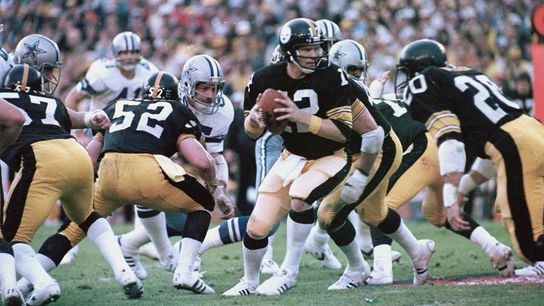
AP Photo
Steelers' Terry Bradshaw faced the Cowboys twice in the Super Bowl.
A number of players stood out in the final, including Terry Bradshaw. His performances dazzled fans, and he was awarded MVP at the end of the match. He completed 17 of 30 passes for a total of 318 yards and 4 touchdowns.

